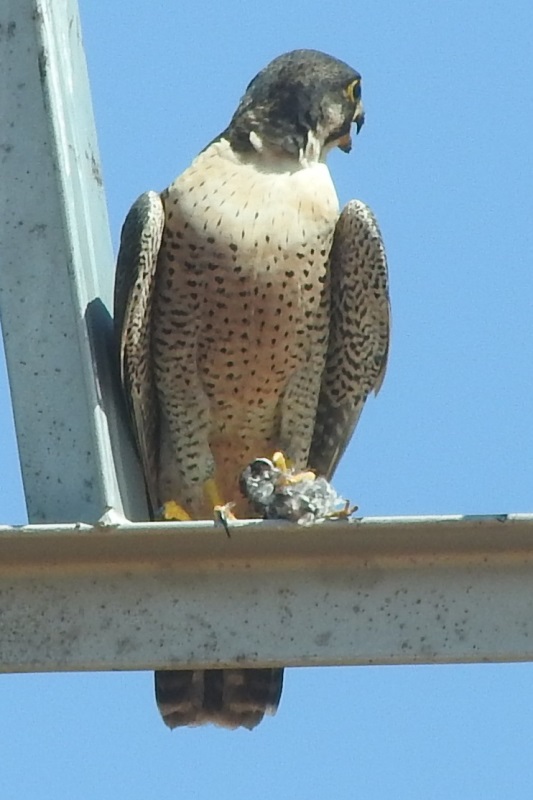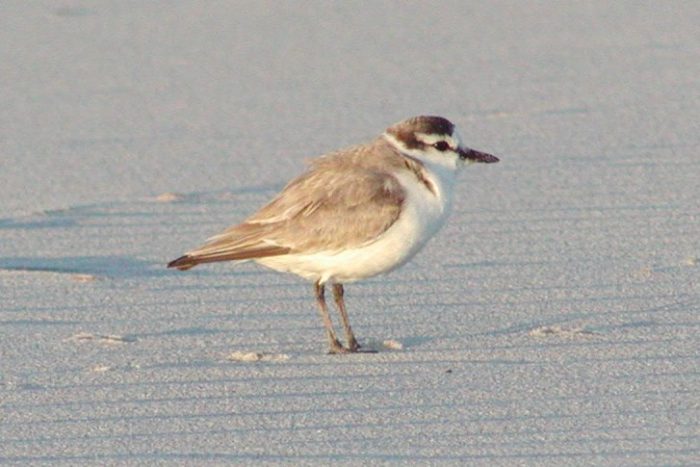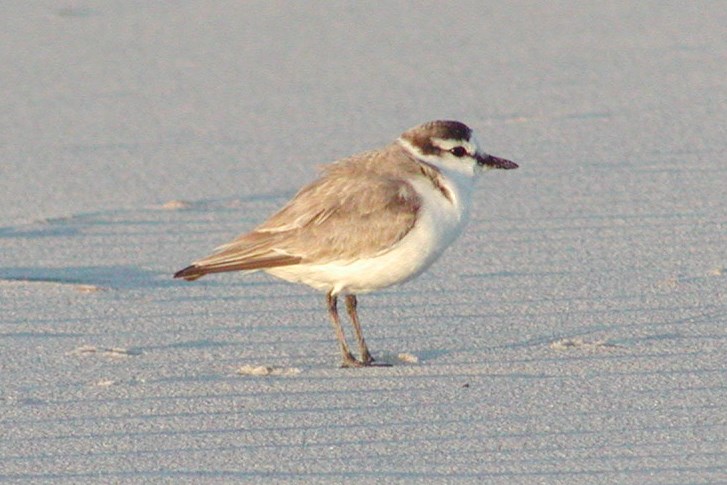On 14 November 2016 Kyle Walker collected Peregrine pellets in Scarborough, Cape Town, in on-going monitoring of Peregrine nests on the Cape Peninsula. Kyle was surprised to find a bird ring in the pellet. Peregrines prey on birds, especially on doves and pigeons, but finding a ring in a pellet is nevertheless exciting. In this case, the ring (number FH02254) had been placed on the leg of a White-fronted Plover by Penn Lloyd on Noordhoek Beach, some 8km from where the ring was later found. Penn had colour ringed many of these plovers in a short study of impact of beach-goers with dogs on the breeding success of the plovers.

Two new insights arise from Kyle finding the ring in the pellet. While Peregrines take a wide range of birds, this is the first record of White-fronted Plover in its diet. Other unusual prey species listed in Roberts 7 include Cape Cormorant and Little Grebe.
Secondly, this is the White-fronted Plover with the greatest longevity to date, at around 17 years elapsed time between ringing and finding. The predation date is not known, but the Peregrine nest site was previously checked in November 2015. Thus the true elapsed time is anything between 16 years 3 months and 17 years 3 months. The plover was caught as an adult, so the longevity would be a bit more than the elapsed time. The minimum longevity of 16 years for the White-fronted Plover supersedes the previous record of 10 years.

Would you like to ring a bird? Book a trip with African Ringing Expeditions!

